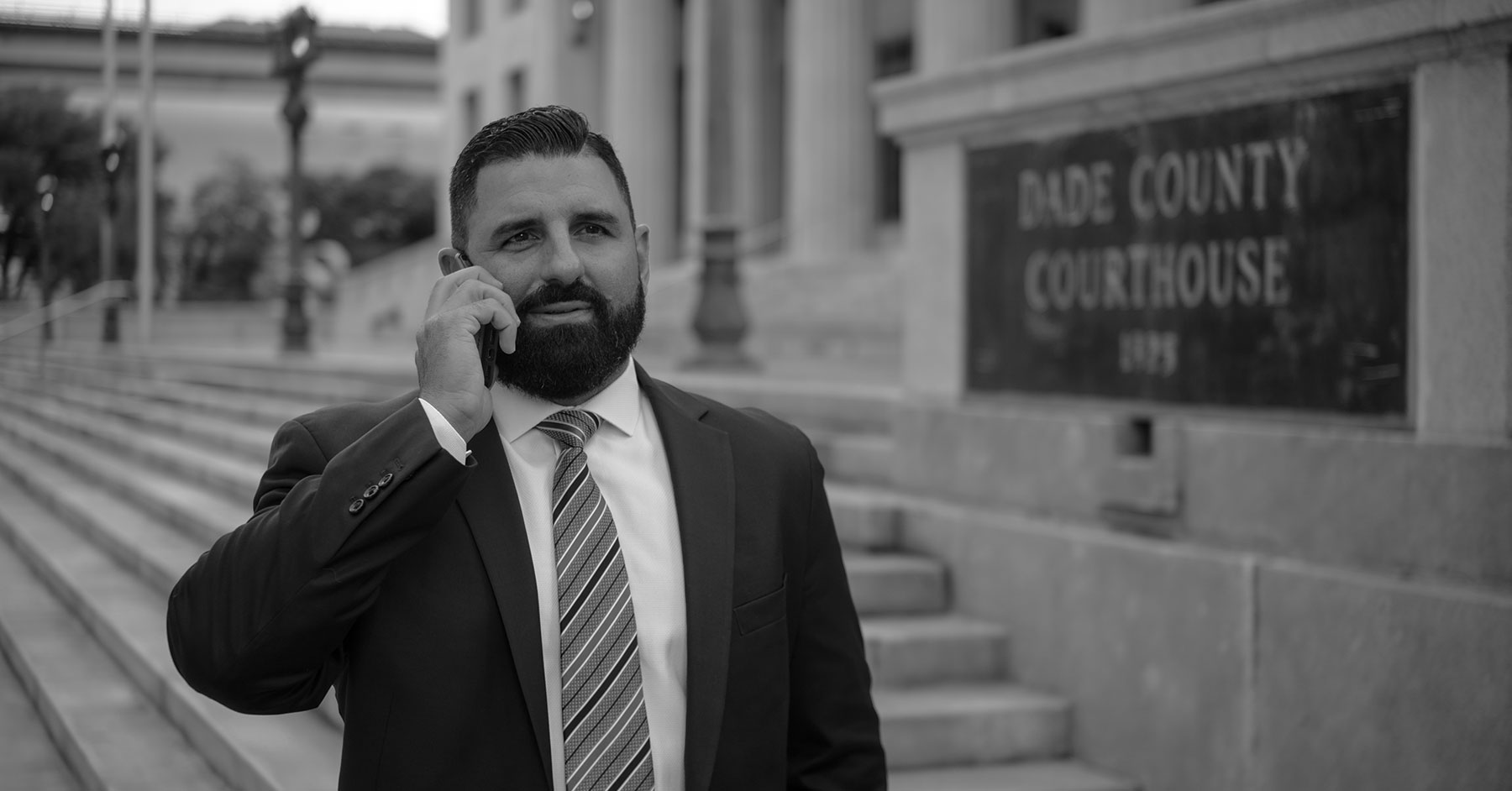Can The Police Conduct Stop and Frisk Procedures Legally?
Why frisk and stop?
- There are three levels of citizen-police encounters in the Florida constitution, as well as in our federal constitution and case law:
During a level one encounter, the citizen can leave freely, and police contact is minimal. United States v. Mendahall, 446 U.S. 544, 100 S.C. 1870 (1980).
Officers are permitted to stop a detained individual if they suspect the individual has committed, is committing, or is about to commit a crime. Terry v. Ohio, 392 U.S. 188 S.Ct. 1868 (1968). - The arrest is based on probable cause that an offense has been committed by the defendant. McMaster v. State, 780 So. 2d 1026, 1028 (Fla. 5th DCA 2001).
The Stop and Frisk Law in Florida, codified under § 901.151(2) of the Florida Statutes, pertains to level two encounters. Under this statute, law enforcement officers are permitted to briefly detain an individual if the situation provides reasonable cause to suspect that the person has committed, is currently committing, or is about to commit a criminal offense.
Stop And Frisk Law
The act of stop and frisk refers to the temporary detention and search of an individual by a police officer. It is important to know that being stopped does not equate to being arrested, but rather a brief encounter that allows law enforcement to confirm or not their suspicions.
What Are the Provisions Of Florida’s Stop And Frisk Law?
Florida Statutes § 901.151 outlines the specific circumstances under which a police officer may conduct a stop and frisk procedure.
The primary objective of such a stop is to confirm the identity of the individual suspected of violating a law or ordinance and to determine the nature of their actions that led the officer to suspect a potential offense.
Stop And Frisk Procedures
To comply with Florida’s stop and frisk law, law enforcement officers must:
- Limit the time necessary for obtaining the suspect’s identification and verifying whether a crime has been or is being committed.
- Avoid transporting the suspect from the location where the alleged offense took place.
In case a weapon or any form of aquatics and found, law enforcement may proceed in case the officer has plausible cause to suspect the individual of engaging in criminal activity, they may proceed to make an arrest.
Is It Legal?
- To assess whether the actions of law enforcement were legal, as established in the case of Goss v. State (744 So. 2d 1167, 1168 (Fla. 2d DCA 1999)), a two-part examination is necessary:
Florida court must sustain that the “stop and frisk” action was justified and based on a criminal cause; - Courts must determine whether the scope of the stop was reasonable in light of the circumstances that justified it in the first place.
Frisk and Stop In Florida Is Only Allow In The Following Circumstances:
Stop and Frisk law only allows Miami officers to conduct a frisk of an individual only if:
The officer has reasonable suspicion that the suspect is carrying a dangerous weapon, and
The possession of such a weapon by the suspect poses a threat to the safety of the officer or others.
If an individual feels that their rights have been violated during a stop and frisk encounter, a criminal defense attorney can provide legal assistance.
Our legal team at Nayib Hassan Law is committed to upholding the rights of our clients and providing exceptional representation. We work tirelessly to explore all available legal options to ensure the best possible outcome for our clients. If you require legal representation or have questions regarding stop and frisk encounters, please do not hesitate to contact us online or by phone at (305) 403-7323.

